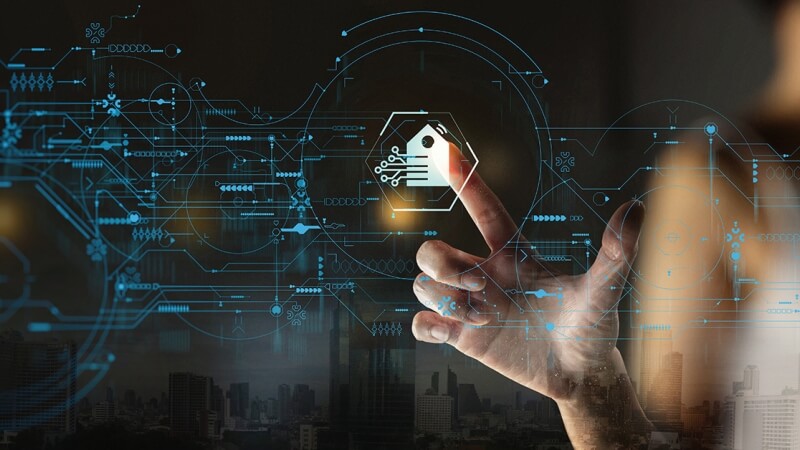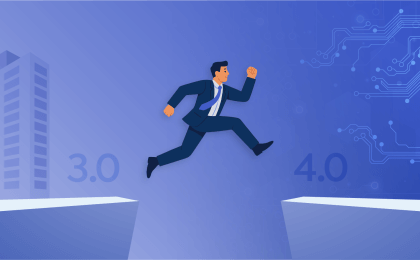A few years ago I flew to Buenos Aires, stayed in a 5-star hotel, and ate a steak. Today, airlines are at 5% of capacity, hotels around the world are closed, and the news tells me the food supply chain is in danger.
COVID-19 has had an impact on all of us. I go outside every day for maybe an hour, and I’m reminded I need to wear a mask. About half the conversations that I have – from a safe social distance – involve hearing about someone who’s been struck down by the disease. The news seems to live to induce fear. But then again, I guess if they don’t want to join the 30 million people who became unemployed last month, they’d better keep doing a good job scaring us all.
However, I have hope. Hope in America, hope in the world, and hope in technology. In fact, I would go so far as to call it conviction. Unflinching conviction that the world will prevail. Medical treatments are being fast-tracked, and vaccines are underway. Governments are rallying around their workforces, and economies are beginning to open up.
Yet, things will almost certainly be different. I don’t mean bad different, but rather just different. Technology will lead the way, as it always does. There were already meaningful advances - faster speed in virtually every arena, greater bandwidth, and disruptor models creating new global businesses and eliminating others that had, until recently, stood the test of time. I believe now it will happen even faster. If necessity is the mother of innovation, then welcome to the motherload.
Work will be different. I miss my work friends already, having been remote now for about two months. Most companies have gone remote, with entire workforces calling in on video conferencing software. It’s not the same, but it is what work will be like for the foreseeable future. It takes a special sort of person to make remote work effective. Organizations don’t just want people who can survive in a remote environment, but rather people who will thrive in one. In fact, perhaps one of the greatest contributors to the speed of the economic rebound, as well as an organization’s positioning vis-à-vis their competition, will be the caliber of their remote workforce when the COVID-19 dust settles.
Remote working isn’t easy (DeCroon, 2005). Research shows that it takes a strong work ethic, a solid degree of stress tolerance, grit/mental toughness, being planful and organized, the ability to thrive in less structured settings, adaptability, self-motivation, and the ability to effectively function through ambiguity (Feldman & Gainey, 1997; O’Neill, 2009; O’Neill, 2014; Workman, 2003). For leaders, the challenge of engaging one’s team is even greater and more critical (Illegems & Verbeke, 2004).
Online communication dynamics add a new and complex element to work, that for some workers tend to exacerbate the challenges inherent to their roles even further (Armstrong-Stassen, 1998). Yet for others - based on their personality characteristics - remote working actually increases productivity and is a significant advantage to both the employee and employer (Duxbury & Neufeld, 1999). Now more than ever, knowing which candidates will thrive in a remote setting can be a difference maker.
As entire industries come back online and tens of millions of people apply for jobs, how will employers know who to hire? Given that high performers generate an average of 67% more revenue than their peers (McKinsey, 2000), the impact of making the right hiring decisions will speed recovery for some businesses, while those who err will be left in the dust.
I guess the question to ask is: Where will you be? Maybe the more important question is: Where do you want to be, and what can you do today to get there?





